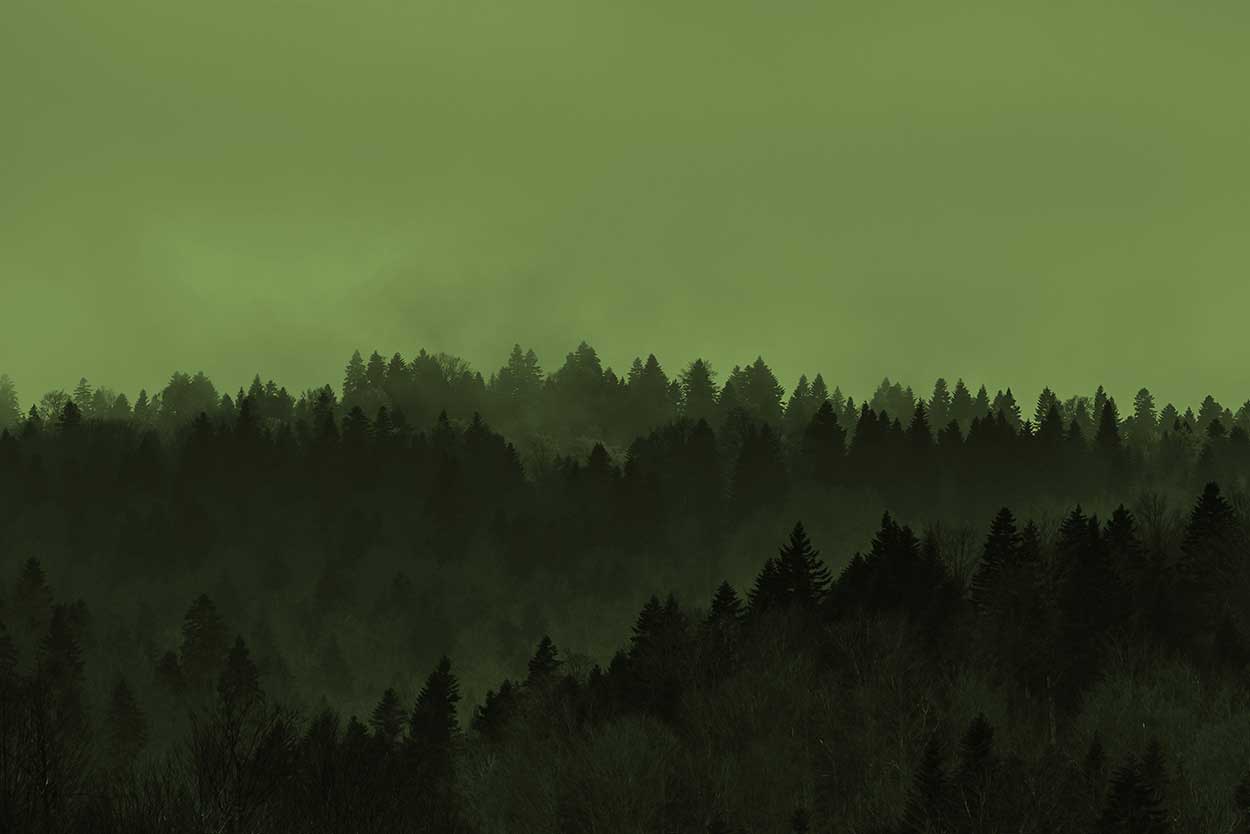A Saphiran fairy tale.
Part of the forthcoming anthology When the Goddess Walked: a collection of Sinferrean stories and companion to Ashes, Embers, and Ignition. 1,100 words.
Long ago when the Goddess walked, deep in the Northern wilds, lived a pair of farmers, and their three children. The first two were dull, well-meaning boys–backbone of the farm–but the third was a girl: clever, with glittering eyes, and ever one for the mischief.
Each time she convinced an older brother to do her chore, or wiggled her way out of a punishment at the village school, her parents would sigh, shaking their heads over how hard it is to contain such a daughter.
One spring she hiked into the mountains to pick berries growing in the balds. Tossing her basket, she stretched out in the sunny grass. Long before, she’d figured out how to pick berries in half the time; but if she returned too quick, she’d only have another task draped over her shoulder. So instead she watched swooping birds and chased mountain rabbits, which had wee rounded ears and whistled at her approach.
Coming through the long grass, she found herself on an outcropping, with a view westward to the ocean, and north. To the Fog.
Called only that– “the Fog”–and always in hushed tones in the dark. She’d never seen it, nor known anyone who had. Northwards stretched a sea of dark-needled green, broken here and there by granite, until it … stopped. Stopped by a gray mist, a wall rising up over tree tops, fading into blue cloudless sky. While she stared, a flock of geese emerged from that very mist formed of long-night whispers. A V of black spots landed on a glittering strip flowing down from the mountain to feed the ocean.
Aflame with curiosity, the girl gathered her basket and the berries.
*
Once home, she asked her mother about what she’d seen.
“You must have been mistaken.” Her mother said plucked a large fowl for dinner. “Nothing goes into that Fog that comes back out, save the Goddess herself, may she bless us.”
The girl asked her father while he fed the hogs. “No, that can’t be right,” he said, thoughtful-like. “Nothing comes back from of the Fog. You mustn’t have seen what you thought.”
No point in asking the two dull brothers, full of sun and wear; and so nothing more was said.
Next market day, the clever girl volunteered to rise early to help load and unload the wagon, and mind the packers while her mother bartered. And she did all that she said; but she also kept an eye keen for monks while she did so.
“Monk! Friend monk! I need your guidance and your learning,” she called out, spying a holy wanderer in their red-brown cloaks. Flattered, the monk drifted over, and the clever girl plied him with more compliments until the wanderer offered answers to what she asked, a single question: “Are geese the only creatures that travel to and from the Fog?”
Mouth agape, the monk begged clarification. She told him of what she’d seen, and he gasped, scurrying away.
She’d already grasped that what she’d seen was thought by most to be impossible–but the monk’s face–truly, if she could prove such a miracle–perhaps it earn respect and renown enough to leave the mountains, to wend her way south to the glittering bay and treasure-laden City. Perhaps one day she might even prove her worth as counsel to the Regent.
On the ride home, her mother asked what she dreamt of, so quiet-like. “I’m thinking of my Naming scarf,” the girl answered, “the one Grandmother knit of such fine worm-spun thread.”
*
There is very little rest to find on a farm, even for the clever, who snatch at time as easily as plucking feathers.
*
The seasons rolled, and autumn came, and time again to travel north to set nets to catch the leaping salmon. Her parents and her brothers brought all their charms and amulets to protect against the haunts and chill. The clever girl packed her own gear: she’d been waiting.
Dawn rose over the far City. The girl crept from the camp, dressed in hand-me-down hunting leathers, the better to run cross-country. She wove her way through the brush to the marshy inlet off the river, where the geese floated, most still sleeping, head under wing.
Throwing her cloak like a net, she caught one in the shallows, setting it to squawking. Instead of wringing its long neck, however, she swiftly tied a loop of red string around the goose’s leg, then whipped away the sodden cloak. Shouting, she ran into the shallows, making noise enough with her splashing to rouse the Isle of Bones. The geese took flight as one, including hers that dragged a length of red silk, recently unravelled, its ending tied about the girl’s waist.
The geese circled, unsure, then assembled their V, pointing north.
The girl ran, along the shore when she could and through the forest when she must, scratched about the face and hands but otherwise protected by the hunting leathers. Her goose lagged, pulled down by thread it could not snap, determined to follow its flock northwards. Onwards.
“Stop, you fool!” cried the wind in the upper branches.
“Turn back!” urged the conifers with scratching finger tips.
Up high, the geese honked: “Beware! Beware! Only we may pass the Goddess’ own boundary! Beware!”
But the girl didn’t hear the warnings of the wise Northern forest. Only her breath, first rasping, then held–in expectation of the court, in audience with the great Queen, whom the Goddess Herself proclaimed Regent in Her absence.
The chill soaked into her leathers, into her marrow, but still she ran, neck craned, arms stretching. The air grew still. Heavy. The warnings died away.
And still the clever girl ran.
*
As the last of the smoky fires burned low on the fifth night, the farmers sat dispairing for their girl, lost, though none knew how: her leathers and cloak were gone, but her bow remained.
A brother, red-eyed, comforted his weeping-fresh mother, then pointed, exclaiming: “Look, Ma!”
A pair of geese, one common black-and-tan, panting with exhaustion; one white as snowfall with red feet and beak, and sharp glittering eyes. They landed in a commotion of feathers, near, but outside the circle of firelight.
“A white goose, who’s ever seen such a thing?” the mother said, approaching. The goose, unafraid, stretched its neck tall, then arched. “Someone’s tied something around it.”
Lead as though dreaming, the mother untied a red silk string from around the black goose’s foot, and then from the white goose’s middle, as it watched her, calm and silent. Freed, the white fowl gave a parting honk, leaping into the air, followed by the bedraggled other.
“What a strange sign,” the second brother said, as the pair soared away, but their mother once again wept, holding a coil of red silk thread in her hand, such as would make a fine Naming scarf.
END


Leave a Reply